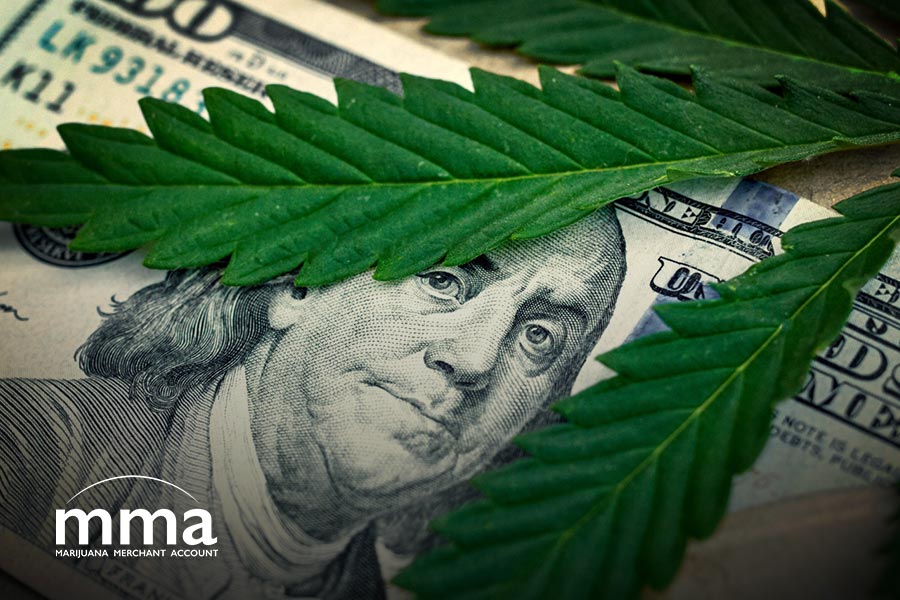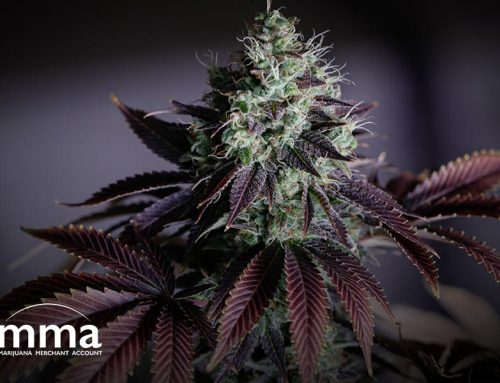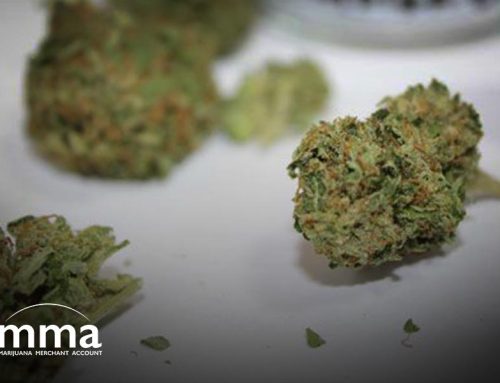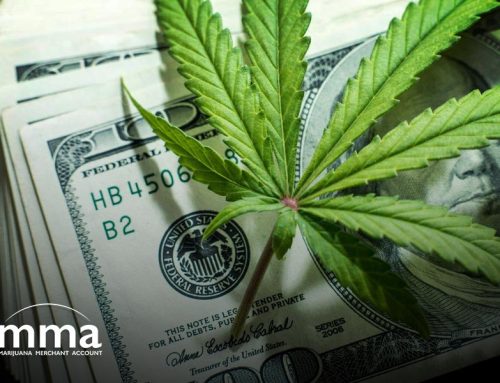Cannabis and crypto were the topic of the day at a recent seminar hosted by the Internal Revenue Service (IRS).
Led by a representative of the National Association of Tax Professionals (NATP), the seminar discussed an array of issues, including the different approaches states have taken to regulate cannabis and what kind of deductions are allowable for what is still a federally banned substance. Another major topic focused on the different issues that cannabis-related companies may face when using cryptocurrency like Bitcoin to pay taxes.
The burgeoning public support for cannabis legalization was also a topic that could not be ignored at this national tax forum. Some discussed the possibility of reform happening at the federal level as well, which remains possible though unlikely with the pending Secure and Fair Enforcement (SAFE) Banking Act in a gridlocked Senate.
The seminar was billed as an event that would help attending tax professionals “prepare a tax return for illegal activities” and “identify when virtual currency needs to be reported as taxable income.” The content provided a high-level look at common issues that are unique to the cannabis industry. With the conflict between state-legalized but federally illicit, the rules are not clear cut so clarification for tax professionals is welcome information for the cannabis industry.
Under the Controlled Substances Act, cannabis-related businesses are not able to deduct expenses on their taxes like a business in any other industry can. While it may seem contradictory, the seminar’s presenter emphasized that cannabis companies are still obligated to pay their share of taxes, even though it’s considered illegal activity in the eyes of the federal government. There are some, though not many, opportunities for deductions in regards to cost of goods for producers and retailers.
Some of the statistics shown during this presentation were indicative of a growing billion-dollar market and a turn in public opinion.
- Cannabis sales nationwide 2020: $17.9 billion (up 67% from 2019)
- Legal cannabis market estimate for 2021: $23.8 billion
- Full market value (legal and illegal) for 2021: $61 billion
- Legal cannabis market estimate for 2026: $90.4 billion
The seminar presenter seemed hopeful that efforts by Senate Majority Leader Chuck Schumer, D-NY, and his colleagues in the Senate will pass a bill to legalize, calling it a “very active item.” He also noted that his presentation will be very different next year if legalization passes in between now and then.
NATP and the IRS have an interest in seeing legalization, or at least descheduling, of cannabis that will allow cannabis-related companies to participate with more financial services. As it is now, the IRS is having to accept heaps of cash payments from dispensaries, producers, and farmers who can’t get a bank account, and it’s causing a lot of hassle to count and store.
Though officially the IRS has not taken a stance on legalization or policy change, it seems to be one of the few agencies that understands the deep legacy of prohibition and the complications that it has wrought.
—
What do you think of the IRS’s estimates for the future of the cannabis industry? Let us know in the comments below.












